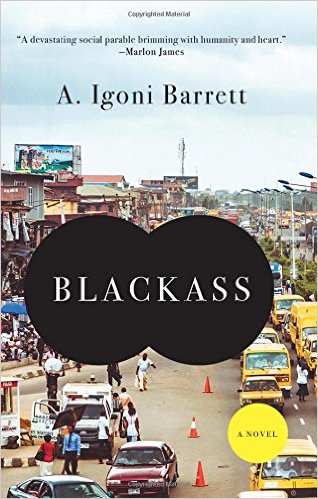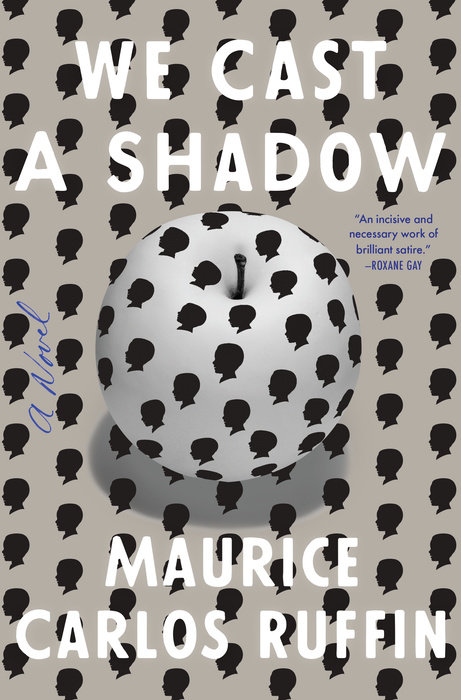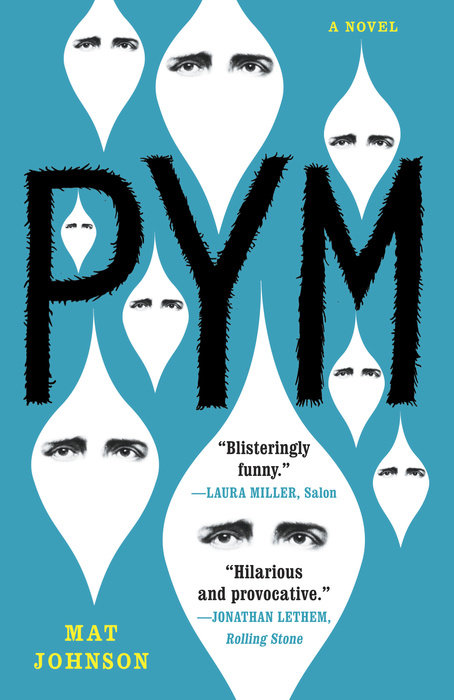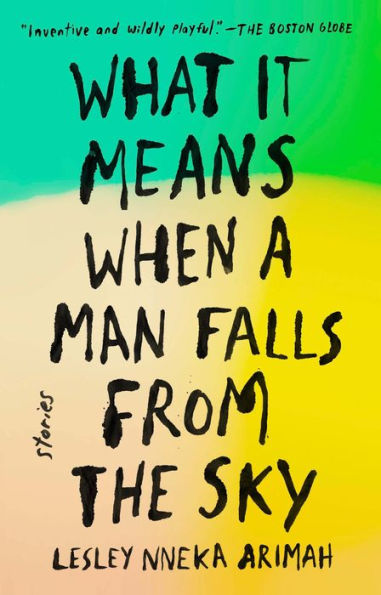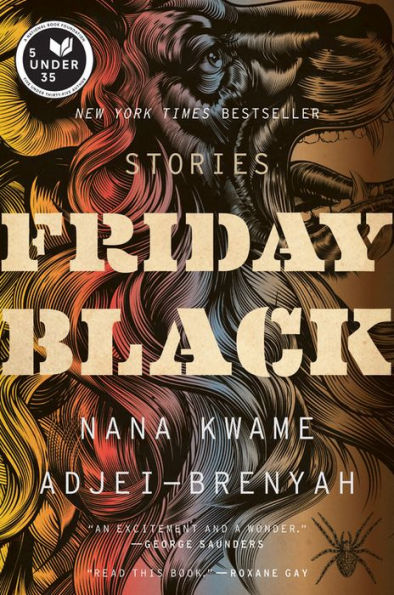Between films like Sorry to Bother You and Get Out, and even music videos like Childish Gambino’s “This Is America,” I had enlightening conversations about how these works represented the Black experience. All had seemingly ordinary narratives about ordinary people carrying about their ordinary lives (with the exception of a shirtless, gun-wielding, dancing Gambino) but featured jarring turns into the absurd and surreal. The startling and allegorical departure from reality as we understand it in Get Out helped reframe thoughts on Black bodies and acted as a catalyst for complex conversations about race, identity, and class. We’ve since colloquialized the “Sunken Place” where “unwoke” people of color reside—ignorant to racism and the burdens many marginalized groups are forced to bare. Jordan Peele’s irreverent film is just one example of a burgeoning sect of Black storytelling that Slate magazine refers to as the “New Black Surrealism,” stating “the best way to depict Black people’s reality is to depart from it.” Fascinated by this subgenre of Black film, music, and television, I set out to find literature in the same vein. Here’s a list of books dazzling with Black surrealism.

6 Books Dazzling with Black Surrealism
In A. Igoni Barrett’s debut novel, a young Nigerian man wakes up the morning of a job interview transformed into a white man except, well, his butt is the only part of him that has not changed in complexion. While he quickly learns to navigate a predominantly Black world with newfound privilege, he also works overtime to hide this devastating secret that could ruin it all. Like Boots Riley’s Sorry to Bother You, Barrett brilliantly details the code-switching and double identity that is implicit in business in contemporary Nigeria.
In A. Igoni Barrett’s debut novel, a young Nigerian man wakes up the morning of a job interview transformed into a white man. He must quickly learn to navigate a world made unfamiliar and deal with those riding the coattails of his newfound privilege. BLACKASS is a fierce comic satire that touches on everything from race to social media, all while questioning how we are valued by society simply by virtue of the way we look.
Okay, classifying Nafissa Thompson-Spires’s award-winning story collection as surrealism may be a bit of a stretch. But can you think of many collections that portray the Black experience with as large a swath of emotion as HEADS OF THE COLORED PEOPLE? While less of the surreal is present in this book, there are glimmers of absurdities and satire sprinkled throughout—like two mothers exchanging insults through the notes on their kids’ backpacks—buoyed by a new and eccentric voice shedding light on Black culture.
Longlisted for the National Book Award for Fiction and Kirkus Prize Finalist
Calling to mind the best works of Paul Beatty and Junot Díaz, this collection of moving, timely, and darkly funny stories examines the concept of black identity in this so-called post-racial era.
A stunning new talent in literary fiction, Nafissa Thompson-Spires grapples with black identity and the contemporary middle class in these compelling, boundary-pushing vignettes.
Each captivating story plunges headfirst into the lives of new, utterly original characters. Some are darkly humorous—from two mothers exchanging snide remarks through notes in their kids’ backpacks, to the young girl contemplating how best to notify her Facebook friends of her impending suicide—while others are devastatingly poignant—a new mother and funeral singer who is driven to madness with grief for the young black boys who have fallen victim to gun violence, or the teen who struggles between her upper middle class upbringing and her desire to fully connect with black culture.
Thompson-Spires fearlessly shines a light on the simmering tensions and precariousness of black citizenship. Her stories are exquisitely rendered, satirical, and captivating in turn, engaging in the ongoing conversations about race and identity politics, as well as the vulnerability of the black body. Boldly resisting categorization and easy answers, Nafissa Thompson-Spires is an original and necessary voice in contemporary fiction.
MENTIONED IN:
Speaking of Get Out, Maurice Carlos Ruffin confronts the subjects of the Black body and Black erasure head-on with his debut novel, WE CAST A SHADOW. In the near future—when Black people are turning to an experimental demelanization procedure in the hopes of breaking free from the confines and oppression of being a different color—a biracial boy, Nigel, has a black birthmark that is getting bigger by the day. Desperate to save his son from the discrimination he will likely face as a man with dark skin, Nigel’s father goes to great lengths to protect his son.
In PYM, Chris Jaynes has just discovered a text that confirms that reality of Edgar Allen Poe’s novel THE NARRATIVE OF ARTHUR GORDON PYM OF NANTUCKET—in which young Arthur Gordon Pym stows away on a ship and encounters a remote island undiscovered by the rest of the world where all Black natives reside. So Jaynes gathers an all-Black crew of misfits and sets out to follow Pym’s trail to the South Pole with nothing by Poe’s text to guide them.
The evocative stories in Lesley Nneka Arimah’s collection are surreal through and through—like the story in which a woman barren and desperate for children weaves one out of her own hair or the tale of the experts who have discovered how to “fix the equation of a person.” These remarkable tales are at once deeply human and dazzlingly bizarre.
The first sentence of Nana Kwame Adjei-Brenyah’s debut short story collection is unsettling and curious in equal measure. The stories in FRIDAY BLACK illuminate what it’s like to be young and Black in America with a fresh perspective and voice. Think— the "day-in-a-life" vibe of Atlanta meets the extremism of Black Mirror. Adjei-Brenyah’s stories tackle pressing issues like racism and unrest, prejudice in the justice system, and the terrors of consumerism. A must-read for fans of Colson Whitehead, who chose Adjei-Brenyah as a National Book Award Foundation’s “5 Under 35” honoree.

